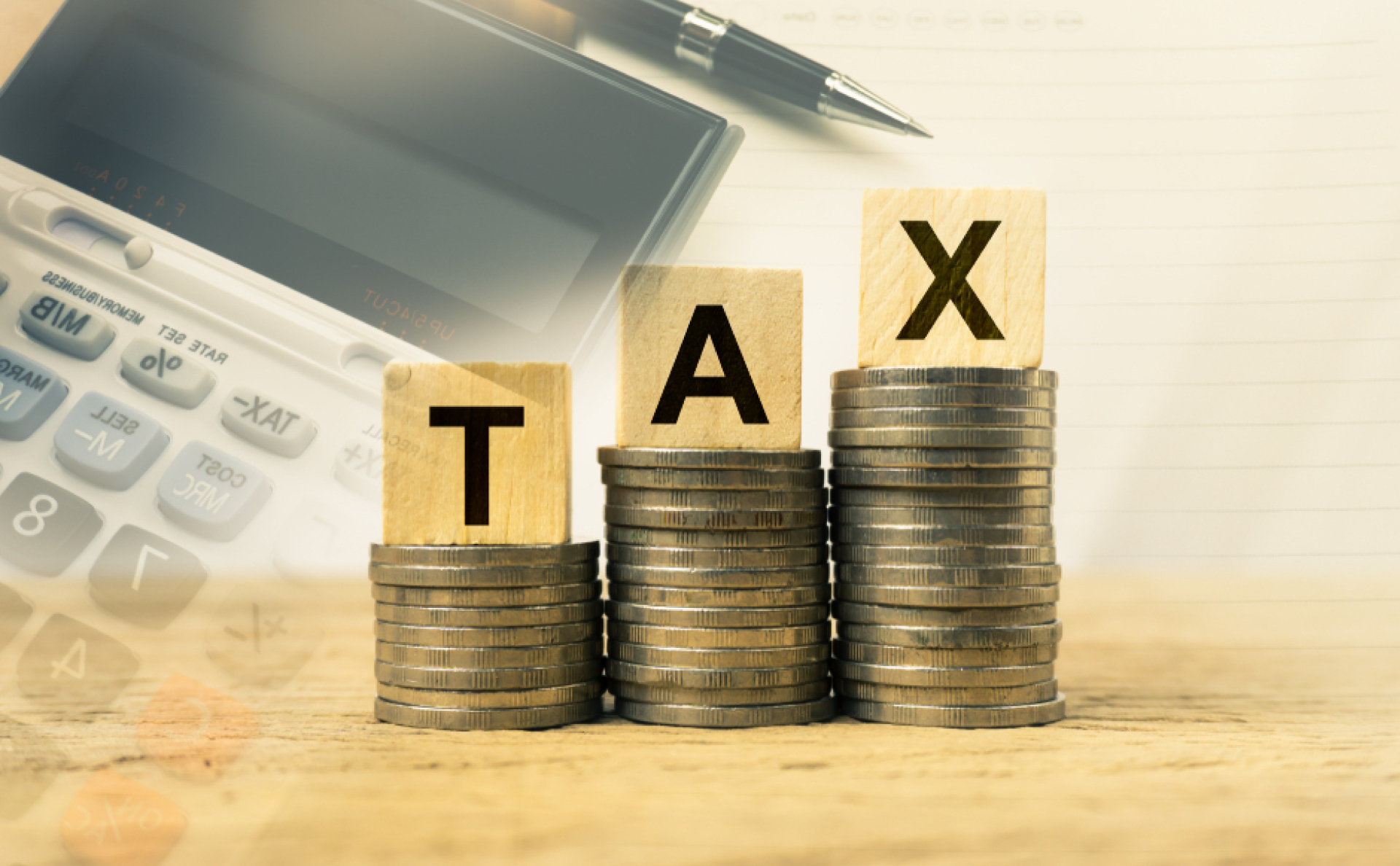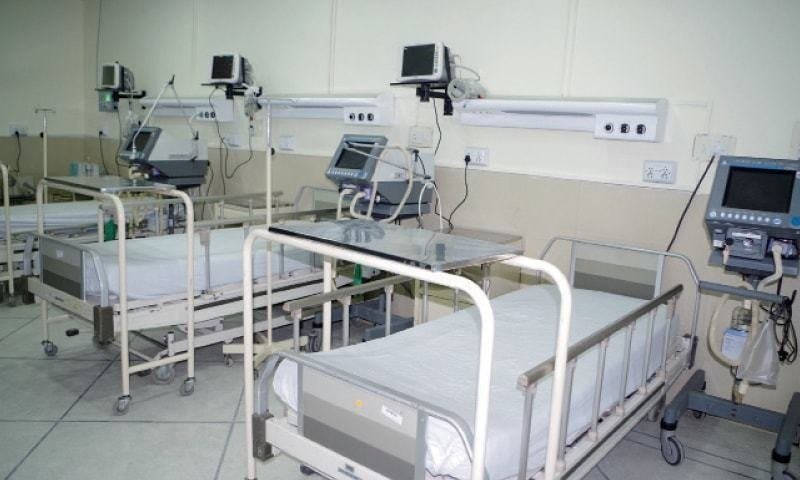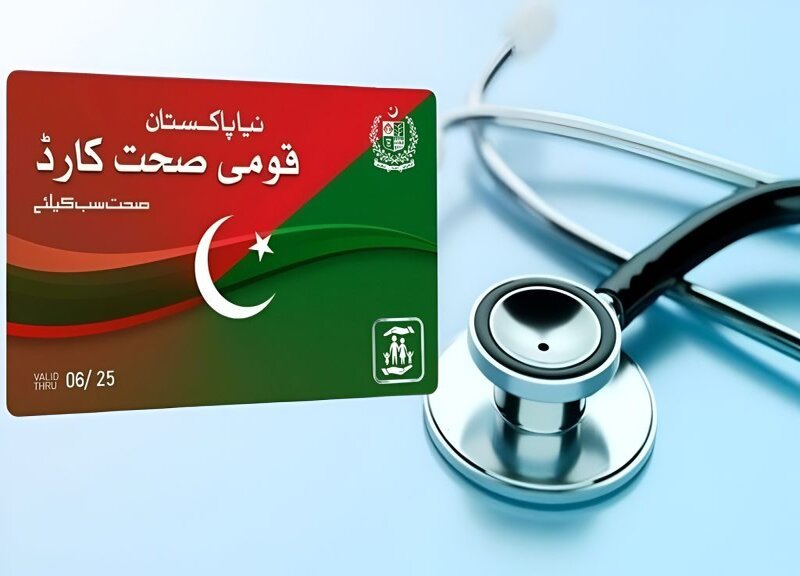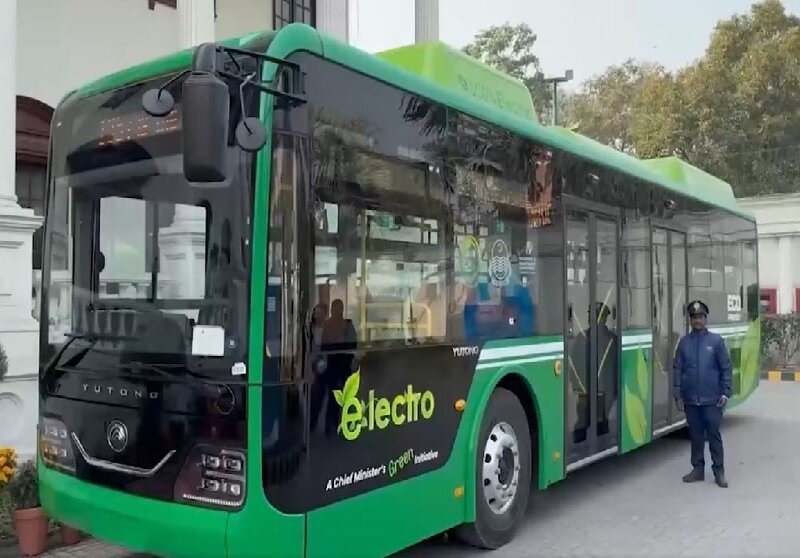Pakistan has emerged among the top 10 most expensive countries in the world for fixed broadband internet in 2025, with users paying approximately $0.53 per Mbps. This cost is notably higher than what users in countries like the United Kingdom, South Africa, and Indonesia pay for similar levels of service, raising serious concerns about affordability and access to quality internet across the country. The high cost of internet in Pakistan is attributed to several key factors. Limited competition in the broadband market has reduced pressure on providers to lower prices or improve services. Infrastructure development has also been sluggish, with many companies still relying on outdated technologies that struggle to support modern bandwidth demands. Operational costs continue to rise, and the lack of efficient upgrades to high-speed fiber networks has left consumers facing both higher prices and slower speeds. In contrast, countries such as Romania and Thailand have managed to deliver faster and more affordable internet by investing heavily in digital infrastructure, expanding fiber-optic networks, and maintaining open and competitive markets. These countries demonstrate how policy, infrastructure, and innovation can directly benefit users and reduce the digital divide. Within Pakistan, the imbalance between internet affordability and service quality remains a growing challenge. For households, students, and small businesses, high prices often limit access to essential online resources, education, and economic opportunities. The situation is especially difficult in rural areas, where connectivity options are already limited. To address this issue, experts recommend targeted investments in nationwide fiber deployment, policy reforms that encourage fair competition among internet service providers, and reductions in telecom-related taxes and fees. Lowering the cost of broadband would not only improve access to fast and reliable internet but also play a critical role in supporting Pakistan’s digital transformation. Affordable internet has become a foundation for participation in today’s digital economy. By making broadband more accessible, Pakistan can boost online education, expand e-commerce, enable remote work, and narrow the connectivity gap between urban and rural communities, fostering inclusive digital growth across the country.




































